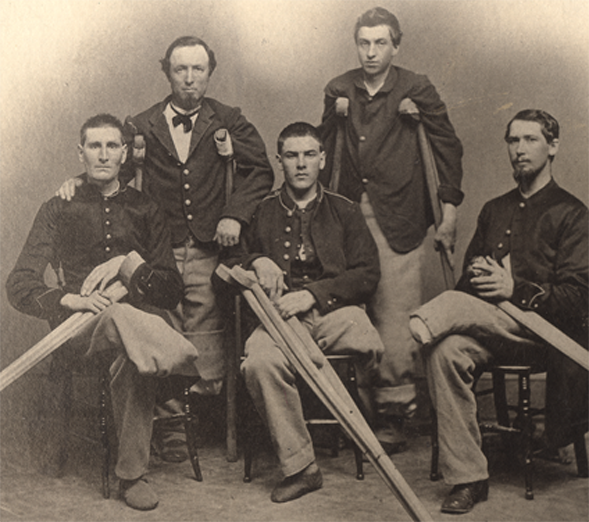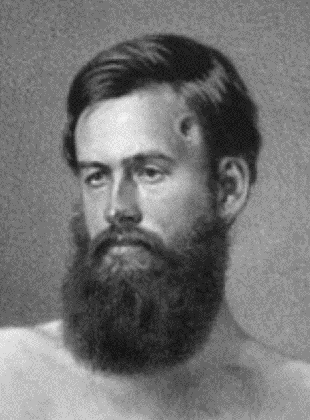
BBI is committed to deepening our understanding of disability by exploring the past. Disabilities have always been a fact of life, but attitudes and responses to them have varied from era to era. Research by BBI Chairman Peter Blanck and Senior Fellow Larry Logue focuses on the pivotal period following the Civil War. The war returned men with disabilities to virtually every American community and propelled public compensation to the forefront of political debate. Using military records, pension files, and government reports, Logue and Blanck have recently found that judgments about applicants’ race and ethnic background influenced administrators of Union army pensions. Using death registers, newspaper accounts, and other sources, they have also found that Union veterans had higher rates of suicide than either contemporary civilians or veterans of twenty-first-century conflicts. Their current project investigates the physical and mental traumas that led Union veterans to take their own lives.
Corporal Edson Bemis
Civil War soldiers could also survive head wounds, but they often experienced long-term disabilities.
